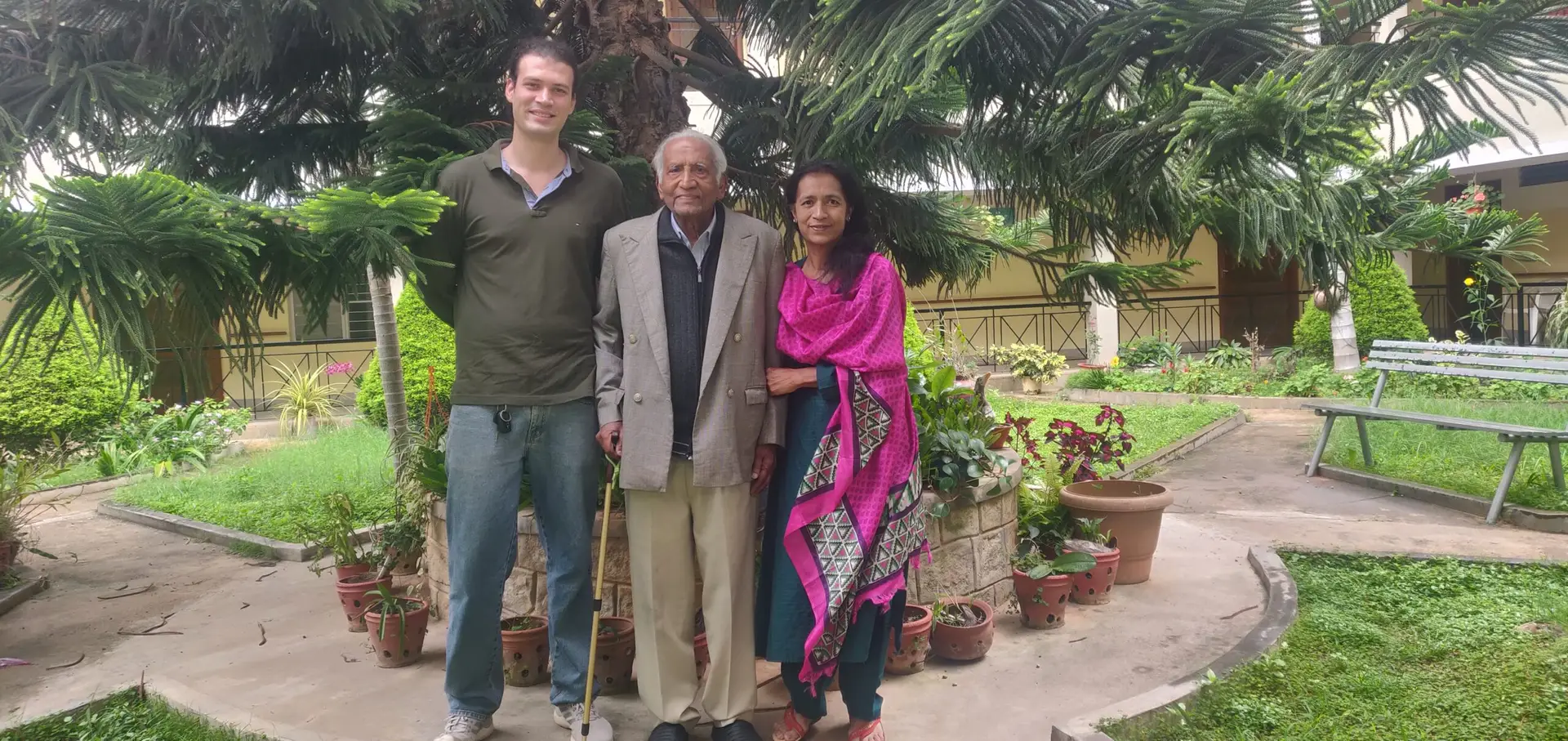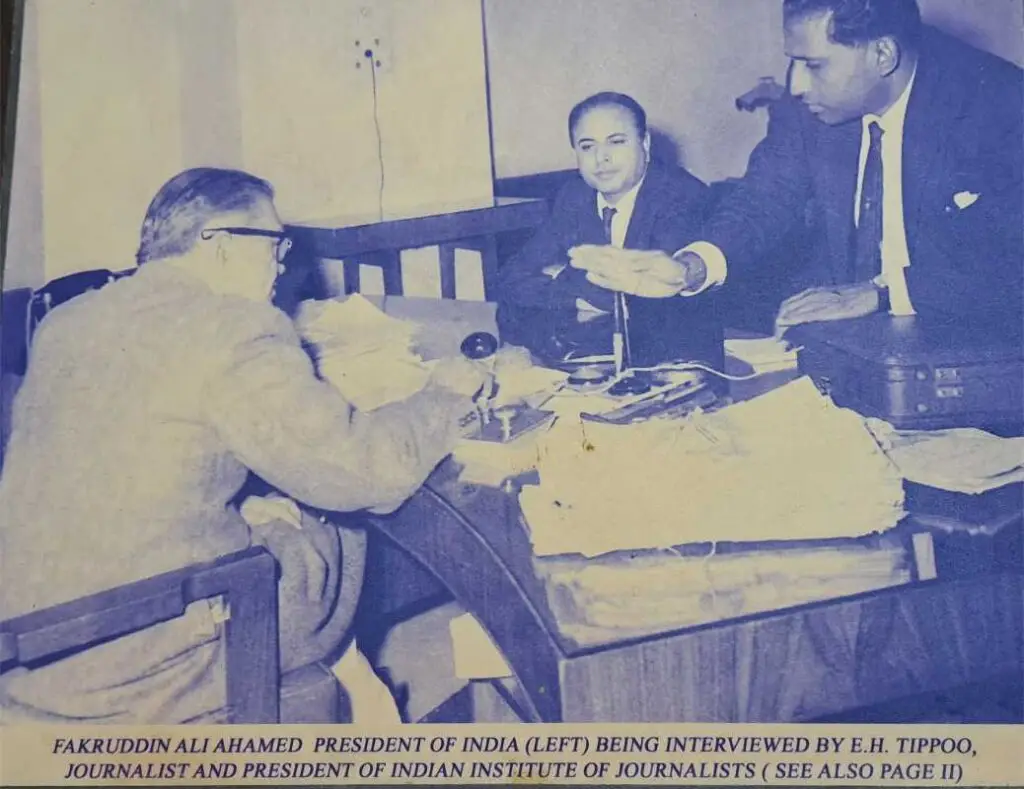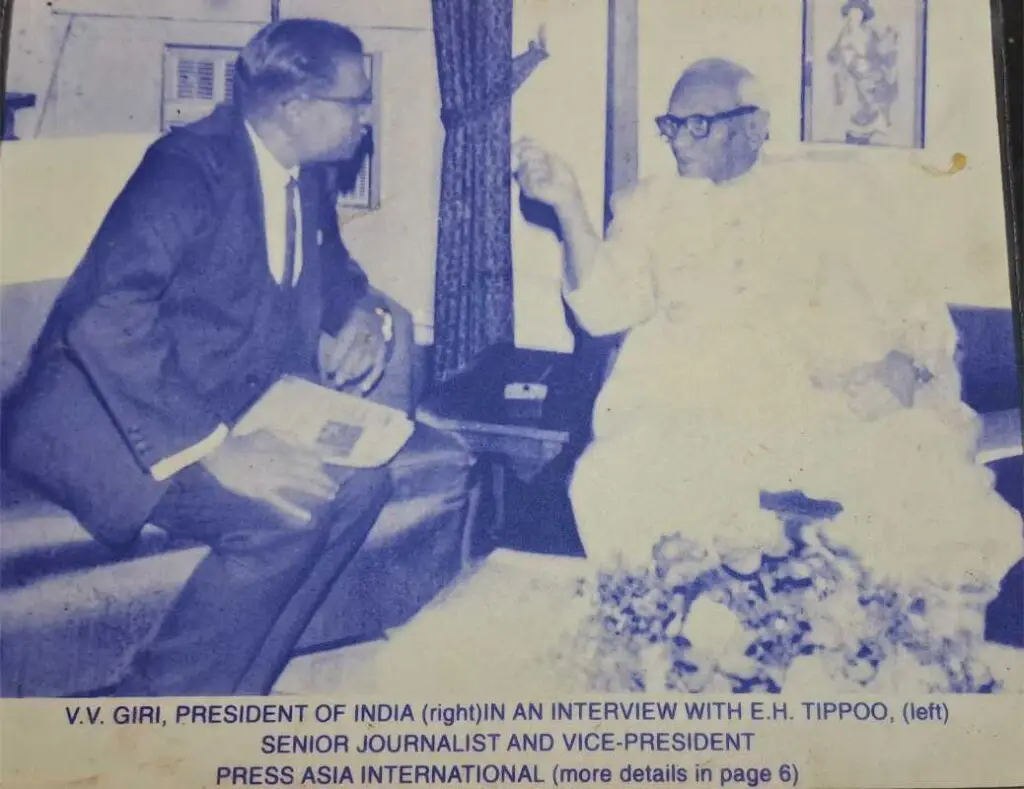Generational Shift
A Generational Shift
Life is strange, whichever way you see it. It has its own way of coming a full circle, constantly looping back in unexpected ways.
My story, intertwined with my father’s and now my son’s, feels like a series of echoes—each resonating uniquely across generations.
My life mirrors my father’s path, while my son’s journey reflects mine, albeit in forms that have evolved with the times. These echoes, though distinct, carry the same essence, connecting us through the shared thread of storytelling and journalism, though in a very different world.

My father was an entrepreneur-editor, a term that fits him just right. He studied law but found his calling in the newsroom and started his new career with The Indian Express, Kerala.
Later, he moved to Calcutta (now Kolkata), the city he had fallen in love with while covering news events and became the founder-editor of Engineering Times – the first ever “business paper” and it was called ET. (Today, ET is synonymous with The Economic Times—a publication that, coincidentally, marked my entry into the BCCL group popularly known as The Times of India group of publications).
The only physical remnants of his legacy are two laminated photographs of his work—decades-old snapshots of his passion.


Fast forward to me.
I began my career with The Indian Express in Chennai.
Back in the late ’80s, I penned a heartfelt five-page letter to the legendary Ramnath Goenka (RNG), explaining my dream to work at The Indian Express. That was the age of snail mail, and I still wish I had a copy of that letter. RNG responded with an invitation to meet him. He handed me a signed letter, which secured my first job at the iconic Express office on Mount Road—a landmark now transformed into the sprawling Express Avenue Mall.
Though my interaction with RNG ended that day—he soon moved to Mumbai and passed away in 1991 —it remains one of the most unforgettable moments of my life. After a few months at The Indian Express, I transitioned to The Financial Express, which steered me toward business journalism.
My father, a staunch believer in the tangibility of print, often asked why I wasn’t covering politics or governmental affairs because his paper, Engineering Times was an amalgamation of politics and business – primarily the PSUs (public sector units).
When I transitioned to freelancing and my stories began appearing online, he struggled to reconcile the intangible nature of my work and lamented the absence of physical clippings. For him, true journalism was something you could hold in your hands.
His questions lingered: “Why isn’t it in print?” I never had a satisfactory answer.
(Incidentally, thanks to my mother’s insistence—she was a doctor who firmly believed in maintaining proper records and had no time or patience for reading anything online especially in the dial-up era)—I managed to preserve quite a few newspaper clippings. These faded clippings, which I’ve yet to scan and upload will reside under the “Really Ancient Archives” link.
Cut to the Present
Here’s where life’s circularity truly kicks in.
My son, Farhaan Tipu, had no interest in journalism—or so I thought. Intimidated, perhaps, by my tech-heavy world of semiconductors and electronics, he gravitated elsewhere.
Yet, as fate would have it, he began his career with The New Indian Express in Chennai as a video producer.
Farhaan reviews tech gadgets and creates engaging video content—a role that couldn’t be further from my old-school definition of journalism. To me, dissecting gadgets on camera for hundreds of views seemed a far cry from the gravitas of reporting. I’d jokingly call it the “bottom rung” of journalism to my old-school colleagues, who would chuckle and remind me: “At least he’ll have a job 10-15 years down the line—unlike us, the print dinosaurs. They remind me that in this digital-first world, his skills might secure his future better than traditional print.
Despite my prodding, Farhaan remains focused on his world. He talks enthusiastically about processor speeds and gadget performance but has no interest in delving deeper into the tech—semiconductors, electronics, and the innovations driving those very gadgets.
When I ask why he doesn’t write or analyze the chips behind the gadgets he reviews, he shrugs and says the audience isn’t interested.
“But isn’t that journalism?” I persist.
He has no satisfactory answer, just as I had none when my father asked me why my stories don’t come in print.
Sure, life is strange. It has its own way of coming a full circle – whether in ink or pixels, journalism evolves, but its essence endures—much like the bonds that tie one generation to the next.